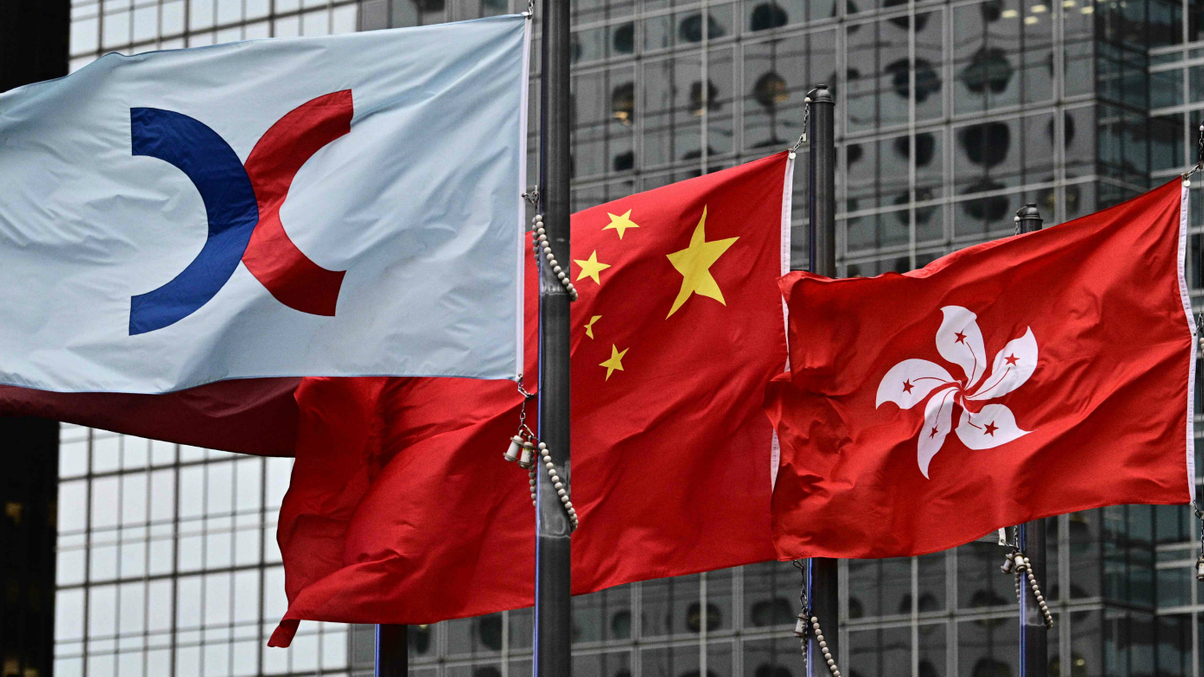Why HK stocks are attracting Chinese, global asset owners
The Hong Kong-listed shares of mainland companies should receive more interest as Chinese pensions and global investors seek to benefit from relatively low valuations.

Chinese pensions look set to continue increasing their investments into Hong Kong-listed equities, particularly into H-shares, as they seek to diversify more offshore and take advantage of the valuation differential between shares listed in the city versus those on mainland bourses. This interest is also likely to draw more international investor fund flows.
Sign in to read on!
Registered users get 2 free articles in 30 days.
Subscribers have full unlimited access to AsianInvestor
Not signed up? New users get 2 free articles per month, plus a 7-day unlimited free trial.
¬ Haymarket Media Limited. All rights reserved.


